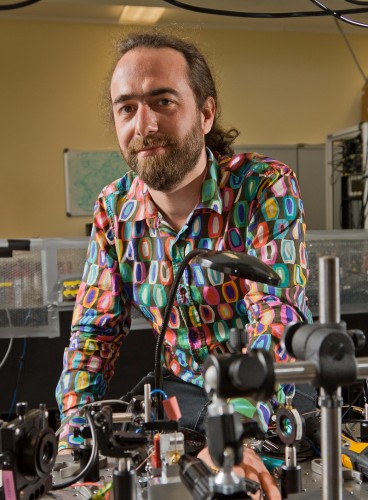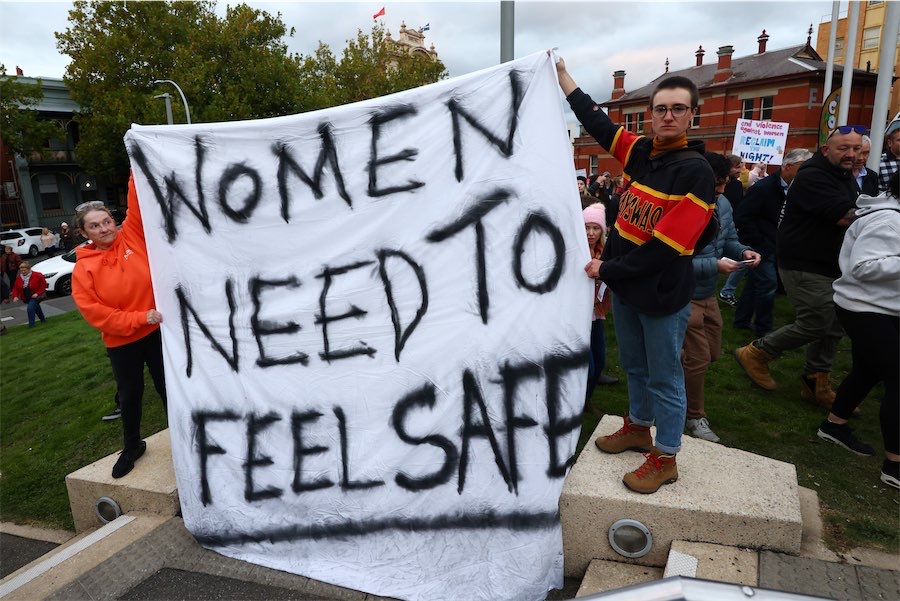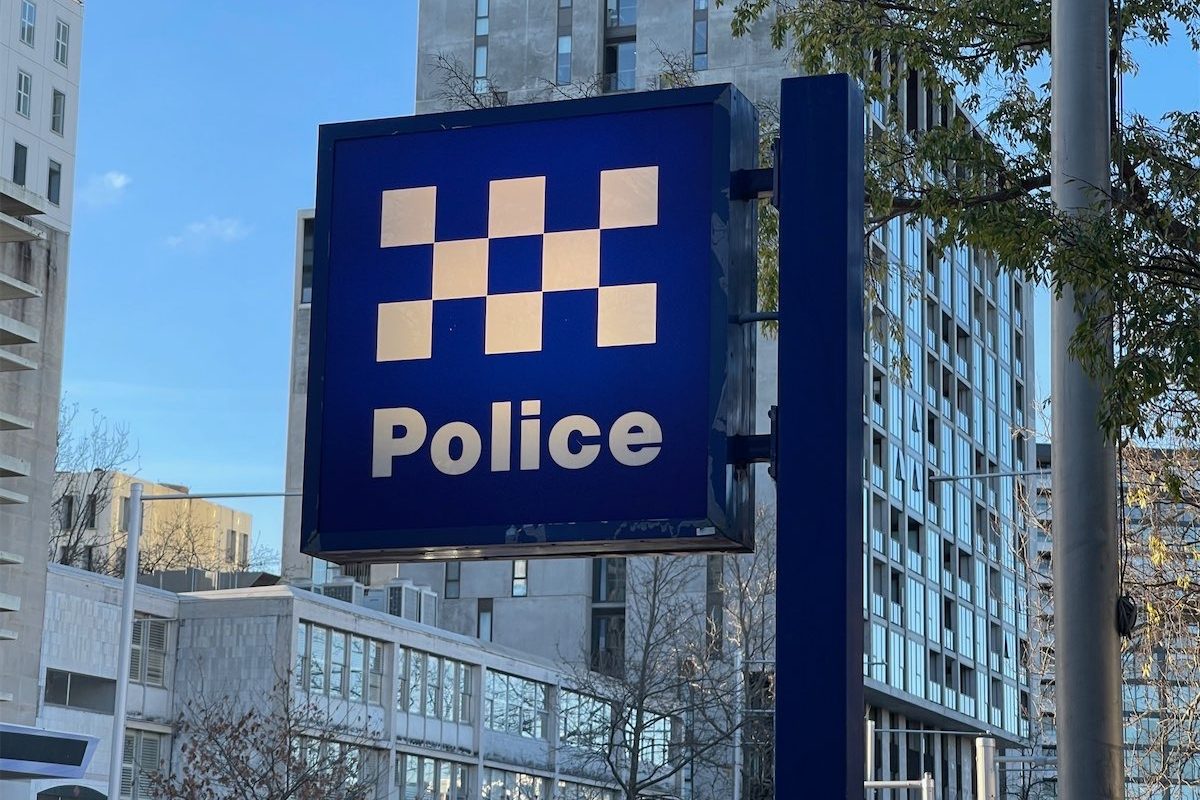INSIDE a laboratory at the ANU, Dr Thomas Symul works away, refining a kind of technology that could one day make information absolutely secure while it’s transmitted over the internet.
The technology is called quantum cryptography, and it relies on the utterly strange but nevertheless very important concept at the heart of quantum physics known as the Uncertainty Principle.

“Relying on that principle, we can ensure, at least in theory, that we can transmit information in such a way that an eavesdropper cannot see it without us knowing,” Dr Symul explains.
“They will leave a fingerprint, they will disturb the quantum state and this, we will be able to see.”
Practically speaking, this means data can be sent between two points and nobody can intercept it without being detected.
“There are different flavours of quantum cryptography; in our particular one, we are one of three or four groups in the world working on it,” Dr Symul explains.
“What is unique about ours is that we’re trying to build a system that is compatible with current telecommunications infrastructure.”
The technology is already being commercialised through a small company, QuintessenceLabs, which was founded by Dr Symul and CEO Dr Vikram Sharma, and based next door to the quantum optics lab where much of the experimentation takes place.
Earlier this year, Dr Sharma announced the Canberra company had been approached by “government agencies and some of the largest defence contractors in the world, such as Lockheed Martin and Boeing”, and invited to open an office at NASA’s Ames Research Park in Silicon Valley, California.
“At this stage, we’re going to test it on the ICON fibre network, which is a fibre optic network that runs all around Canberra, so really anybody with access to this type of fibre network could use the technology,” Dr Symul says.
“At this stage, the main limit is that the transmission distance is not that great. The record is about 80km but typically 20 or 30km is where the technology is working well, and we are working on it now to try to increase the distance.”
ICON, the Intra Government Communications Network, connects over 400 government sites around the ACT, sending about 2 terabits of data every second through some 150,000km of optical fibres.
Dr Symul says he can see the technology working fairly soon within the Parliamentary Triangle, where all the distances are compatible, but giving quantum encryption to the masses through, for example, the incomplete National Broadband Network, is a long way off.
“I do think it is likely, but I actually only started to think that in the last two weeks,” he says. “We just came up with a new scheme that seems to be very promising and hopefully we’ll sort that out, but there is still a lot of work and there are many difficult issues.”
One revelation from this year’s explosive leaks by whistleblower Edward Snowden was that US and UK spy agencies are able to crack the “HTTPS” encryption used widely to secure banking, credit card and other information for all internet users.
They do this through “brute force” and few organisations have access to the supercomputers needed, but for how long?
“Secret information that we are transmitting nowadays could be stored by somebody on a hard drive, even if they can’t read it, then maybe in 10 or 20 years they get a computer to break into it,” explains Dr Symul.
“If one uses quantum cryptography, there is nothing anyone can do during the transmission. One cannot copy the information, or even if somebody is able to copy part of the information, even 10 years or a century from now, they won’t be able to break into it.”
Who can be trusted?
In a world of spin and confusion, there’s never been a more important time to support independent journalism in Canberra.
If you trust our work online and want to enforce the power of independent voices, I invite you to make a small contribution.
Every dollar of support is invested back into our journalism to help keep citynews.com.au strong and free.
Thank you,
Ian Meikle, editor




Leave a Reply